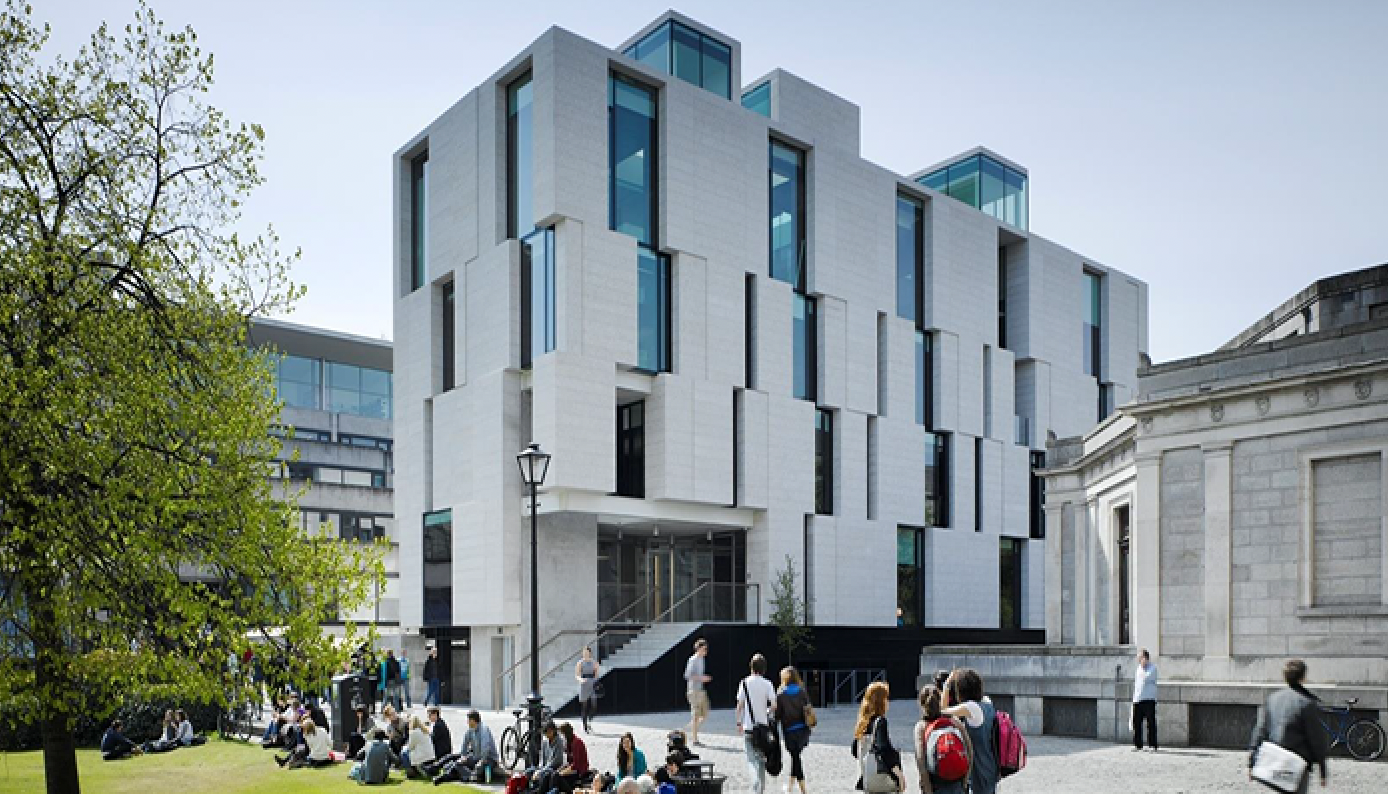Generative AI: Exploring Regulatory Opportunities, Challenges and Dilemmas
International Symposium - Technologies, Law and Society Research Group,
Wednesday 18 June 2025, Trinity College Dublin, Ireland
Symposium Objectives
Founded in 1740, Trinity College Dublin’s School of Law, is one of the leading Law Schools in Europe. The Technologies, Law and Society Group in the School of Law is organising a one-day symposium, exploring the regulatory opportunities and challenges posed by the rapid emergence and expansion of Generative AI.
Generative AI, capable of complex problem solving as well as creating new content and ideas, brings unparalleled opportunities. However, it also poses significant ethical, legal, and regulatory challenges, which transcend national boundaries. Lawyers’ (and Judges’) much publicised use of Generative AI models such as ChatGPT to summarise cases, inspire arguments, or aid legal decision-making, are controversial practices capable of recalibrating the foundations of legal systems around the globe. These potentially transformative tools give rise to new issues which hold significance, not just for lawyers, but for private parties, the creative sector, governments, regulators, policymakers, and courts, all of whom are tasked with answering the ethical and logistical questions posed by Generative AI. Contributors to the symposium will consider the role of law and regulation in harnessing the benefits offered by Generative AI, as well as mitigating the dangers it poses.
Paper Topics
Papers for this symposium on Generative AI: Exploring Regulatory Opportunities, Challenges and Dilemmas are invited on a broad range of topics relating to generative AI and its regulation including examination of the potential impact of generative AI on any field of law. International and comparative perspectives are welcomed. Sample topics broadly include, but are not limited to:
- Ethical issues surrounding Generative AI;
- Legislative efforts/Codes of Practice and Standards to date - The EU AI Act/GDPR;
- Regulating the use of Generative AI in legal practice;
- Regulatory responses to the “black box” issue;
- Generative AI in the context of financial services law;
- Generative AI and corporate governance;
- Competition law issues concerning AI and algorithms;
- Generative AI and judicial decision-making;
- Generative AI, intellectual property and the Arts;
- Liability and accountability frameworks for Generative AI;
- Generative AI and Defamation
Symposium Programme
| 9.15 - 9.45 | Registration and Coffee |
|---|---|
| 9.50 | Opening RemarksProfessor Deirdre Ahern, Director of the Technologies, Law & Society Research Group, School of Law, Trinity College Dublin |
| 10.00 | Plenary Panel 1: Gen AI and Creative OutputsDr Anthony O’Dwyer, South East Technological University - Generative AI, Intellectual Property and the Arts |
| 11.00 | Plenary Panel 2: Gen AI and EU AI Act InteractionsMs Tara Kerins Alymer, PhD student, Trinity College Dublin - A Critique on Transparency as a Core Principle of AI Regulation |
| 11.40 | Tea / Coffee Break |
| 12.00 | Parallel Sessions: 2 Papers EachGen AI and GDPRDr Harshvardhan Pandit and Dr Abeba Birhane, AI Accountability Lab, Trinity College Dublin - Questioning the Legitimacy of GenAI Models under GDPR and its Implications on the Enforcement of the AI Act
Chair: Professor Deirdre Ahern, Trinity College Dublin Dr Mina Hosseini, UCD Sutherland School of Law - Generative AI, Pharmaceuticals, and Competition: A Strategic Shift for EU Regulatory Policy Ms Lucia della Ventura, PhD student, Trinity College Dublin - Generative AI for Markets in Crypto-Assets Regulation Compliance: Opportunities and Challenges for Crypto-Asset Service Providers |
| 12.50 | Lunch |
| 13.50 | Gen AI and Labour MarketsChair: Professor Deirdre Ahern, Trinity College Dublin |
| 14.15 | Plenary Panel 3: Gen AI and the CourtsMs Christine Carter, PhD student, Churchill College, University of Cambridge - From Precedent to Pattern: Can Generative AI Replicate Doctrinal Evolution? |
| 15.15 | Plenary Panel 4: Confronting the AbyssDr Lorraine Boran, Ms Lorna Gurren, PhD student and Dr Darragh Cashin |
| 16.25 - 16.30 | Closing remarks by Chair |
About the Technologies, Law and Society Research Group
The Technologies, Law and Society Research Group at the School of Law Trinity College Dublin brings together PhD, postdoctoral fellows, academic researchers and visiting researchers in the School of Law working on issues at the intersection of law and technology. This includes research in the areas of information technology law, intellectual property law, health and medical law, bioethics, data protection, privacy, and security of information. TLS is also interested in the appropriate regulation of new, emerging, and disruptive technologies (including FinTech, direct-to-consumer genetic tests, wearable technology, Internet of Things, reproductive technologies and AI) as well as the ethical and liability issues raised by new technologies such as AI and quantum technologies and their societal impact and governance challenges.
Symposium Venue
The symposium will take place on Wednesday 18 June 2025 at Trinity Long Room Hub, Trinity College Dublin. Trinity College Dublin was established in 1592 and its historic campus is situated in the heart of Dublin city centre within easy access from Dublin airport.
Reservations
Reservations: Please register here.




